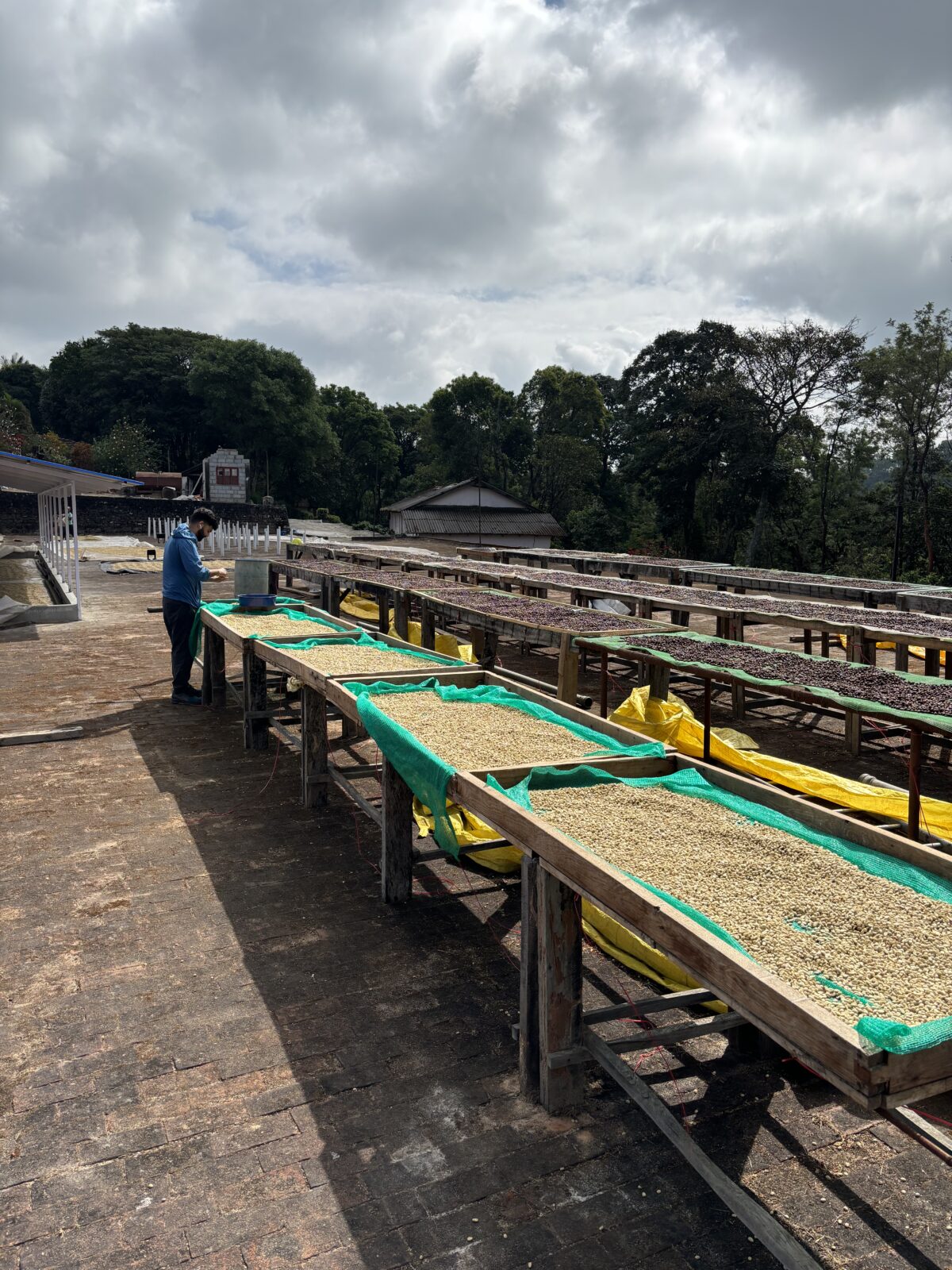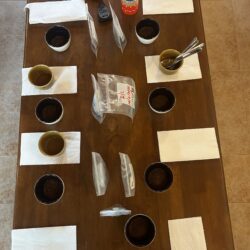Ah, the intoxicating aroma of freshly roasted coffee beans. It’s a promise of a perfect brew, a moment of pure caffeinated joy. But that promise can quickly fade if your precious beans aren’t stored properly. For beginners, the world of coffee storage can seem daunting, but fear not! This guide will demystify the process, ensuring your beans stay fresh and flavorful for longer.
Why Freshness Matters: The Enemy of the Bean
Before we dive into storage techniques, let’s understand why freshness is paramount. Coffee beans are organic, and like any organic product, they degrade over time. The primary culprits responsible for this degradation are:
-
- Oxygen: Oxidation is the biggest enemy. It causes beans to lose their volatile aromatic compounds, resulting in a flat, stale taste.
- Moisture: Moisture can lead to mold growth and cause beans to become soggy, affecting the flavor profile.
- Heat: High temperatures accelerate the oxidation process, causing beans to lose their freshness faster.
- Light: Light, especially direct sunlight, can also degrade the quality of your beans.
Essentially, you want to create an environment that minimizes exposure to these elements.
- The Golden Rules of Coffee Bean Storage:
- A Beginner’s Checklist
- Choose the Right Container:
- This is the cornerstone of effective storage. Opt for an airtight container. Glass, ceramic, or stainless steel are excellent choices.
- Avoid clear containers if possible, as they allow light to penetrate. If you must use a clear container, store it in a dark place.
- Containers with one-way valves are a bonus. These valves allow carbon dioxide (released by freshly roasted beans) to escape while preventing oxygen from entering.
- Keep it Cool and Dark:
- Store your coffee beans in a cool, dark place, such as a pantry or cupboard.
- Avoid storing them near heat sources like ovens, stovetops, or direct sunlight.
- Room temperature is generally fine, but if you live in a very hot climate, consider storing them in a slightly cooler location.
- Whole Beans are Best:
- Whole beans retain their freshness much longer than ground coffee.
- Grind your beans just before brewing for the freshest possible cup.
- If you must store ground coffee, do so in an airtight container and use it within a week.
- Avoid the Freezer (Most of the Time):
- While freezing coffee beans is a common practice, it’s generally not recommended for everyday use.
- Freezing can cause moisture condensation when the beans thaw, which can negatively impact flavor.
- If you choose to freeze coffee, portion out single brew servings into airtight containers or bags. Quickly freeze them, and then when you want to use them, remove them from the freezer, and use them immediately. Do not refreeze.
Buy Smaller Quantities:
-
- Instead of buying large bags of coffee beans, purchase smaller quantities that you can consume within a couple of weeks.
- This ensures that you’re always using fresh beans.
- The Importance of Fresh Roast Dates:
- When purchasing your beans, check the roast date. The closer to the roast date, the fresher the coffee will be.
- Coffee is at its peak flavor between 3-14 days after roasting.
- Storage Solutions: From Basic to Advanced
- Basic Storage:
- For beginners, a simple airtight container stored in a dark cupboard is sufficient.
- Purchase whole beans and grind them just before brewing.
- Intermediate Storage:
- Invest in a container with a one-way valve to maximize freshness.
- Consider using vacuum-sealed containers to remove oxygen from the storage environment.
- Advanced Storage:
- For serious coffee enthusiasts, consider investing in a dedicated coffee storage system, such as a vacuum-sealed canister with a built-in grinder.
- If you drink a lot of coffee, a small temperature controlled storage unit might be a good purchase.
- Troubleshooting Common Storage Mistakes:
- Stale Coffee:
- If your coffee tastes flat or stale, it’s likely due to oxidation.
- Ensure your container is airtight and consider purchasing smaller quantities of beans.
- Moldy Beans:
- Mold growth indicates excessive moisture.
- Store your beans in a dry place and ensure your container is completely dry before use.
- Oily Beans:
- Some beans are naturally oily. This oil can go rancid.
- Make sure you are storing these beans in a very airtight container.
- Stale Coffee:
- The Final Sip:
- Enjoying Your Freshly Stored Beans
By following these simple guidelines, you can ensure that your coffee beans stay fresh and flavorful for longer. Remember, the key to a perfect cup of coffee lies in the quality of your beans and how you store them. So, take the time to invest in proper storage, and you’ll be rewarded with a consistently delicious brew every time.
A Quick Recap for Beginners:
-
- Airtight container.
- Cool, dark place.
- Whole beans, ground fresh.
- Small quantities.
- Check roast dates.
With a little practice, you’ll become a master of coffee bean storage, unlocking the full potential of your favorite brew. Happy brewing!



